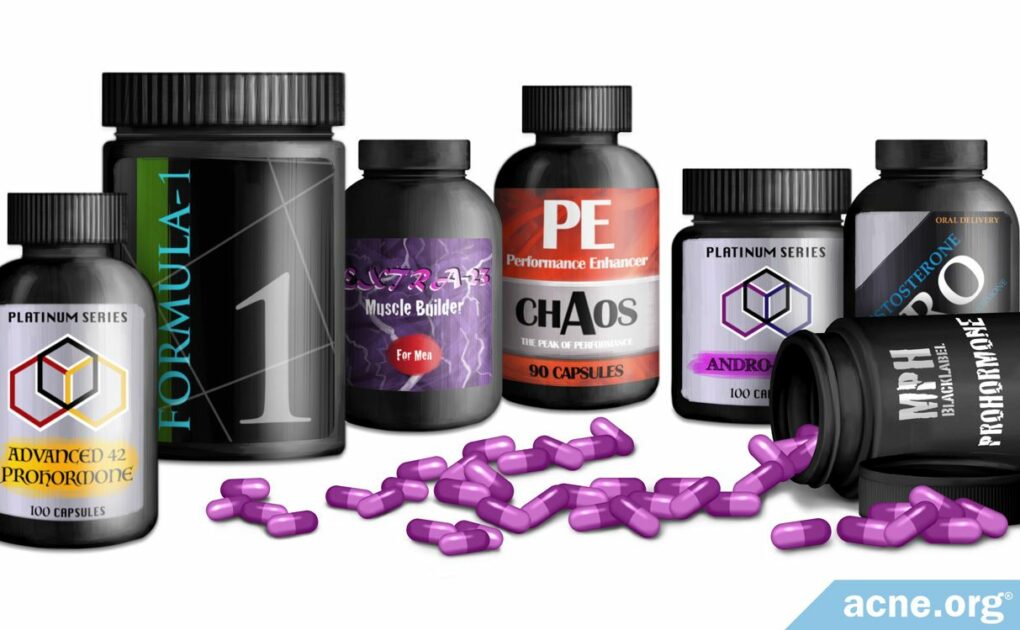Yes, It Is Likely, and They Don’t Help With Muscle Size and Strength

The Essential Info
In an attempt to provide similar “steroid-like results” in an over-the-counter supplement, the fitness supplement industry introduced “prohormone” supplements. If these supplements did work as advertised, which–spoiler alert–they don’t, that would mean they would increase levels of testosterone in the body just like anabolic steroids. And in turn, that would mean people who take prohormone supplements would experience more acne because increased testosterone levels normally means acne.
However, there is no evidence that they have any real effect on testosterone levels in the body. This might lead one to believe that prohormones, while a waste of money, at least do not lead to more acne, but that is not necessarily the case.
Here’s why: First, it’s important to know that prohormones are not just in supplements. We all naturally have them in our bodies. And based on published research, people with acne have much higher levels of natural prohormones in their bodies when compared with people with clear skin. In other words, prohormones might not need to convert to testosterone to wreak havoc on the skin. The prohormones themselves may increase skin oil production, and more skin oil normally means more acne.
The three main prohormones sold are:
- Androstenolone (DHEA) – Banned from use in competitive sports
- Androstenedione – Over-the-counter sale now prohibited
- Androstenediol – Over-the-counter sale now prohibited
The Bottom Line: At this time, there are no studies directly examining prohormones’ effect on acne, and therefore scientists will need to perform more studies before such conclusions can be drawn, but since they do not work for muscle gain or increased sports performance, and some evidence shows us they may lead to increased skin oil production and more acne, it is best to save your money.

The Science
- What Are Prohormones?
- Prohormone Supplements – Fail to Convert into Testosterone, but Still Cause Side Effects
- Prohormones May Lead to More Acne
- Natural/Herbal Testosterone Boosters Most Likely Do Not Lead to Acne
- Conclusion
What Are Prohormones?
Prohormones naturally exist in our bodies as weak hormones that undergo a series of chemical transformations to become stronger hormones. Both prohormones and hormones can have effects on the body, but the effects of prohormones are generally weaker than those of hormones.
Prohormone supplements in the fitness and bodybuilding world are marketed as precursors of the hormone testosterone, which is a male steroid hormone that is found in both males and females that can lead to increased muscle growth and sports performance.
This creates concern in acne-prone people because increased levels of testosterone lead to an increase in skin oil production1-6, and thus, more acne.
However, this all assumes that prohormone supplements work as advertised, turning into testosterone in the body. But as we will see, this is not the case. Only a small amount of prohormone supplements are converted to testosterone and the increase in testosterone is only short-term.
However, as we will also see, not only do prohormones not deliver on their promise of converting into testosterone, they still may worsen acne because prohormones themselves may stimulate more skin oil production, which could lead to more acne.2
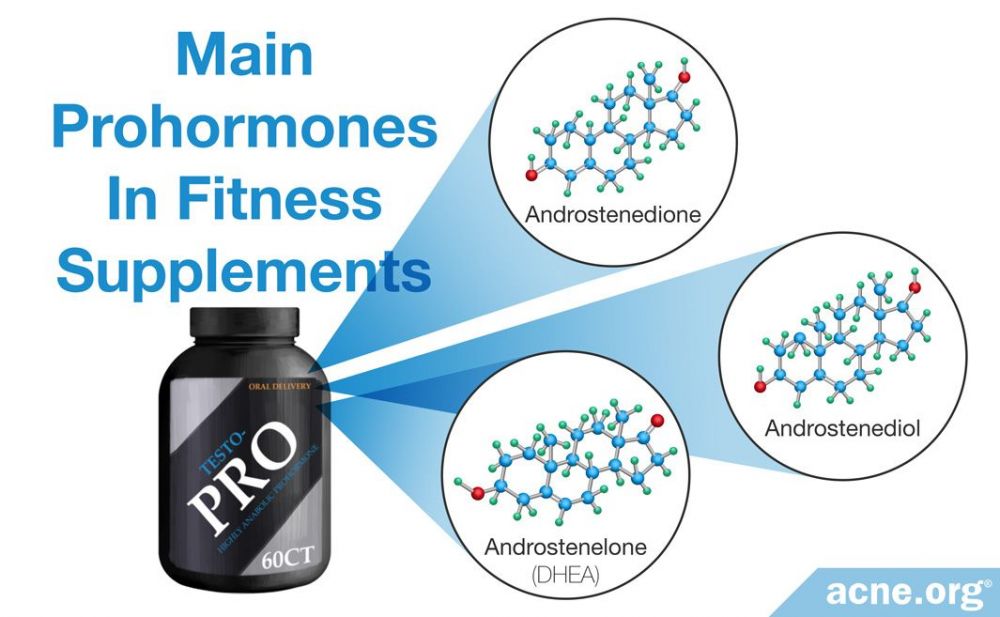
In short, there is no reason to use prohormone supplements. They don’t work to increase muscle gain or sports performance, and could potentially make your acne worse.
There are three main prohormones that have historically been included in fitness supplements:
- Androstenolone (DHEA) – Banned from use in competitive sports
- Androstenedione – Sale now prohibited
- Androstenediol – Sale now prohibited
Before 2004, these prohormones were considered harmless, and were available over-the-counter in the United States. However, after extensive research and debate, the medical community recognized the health hazards of testosterone prohormones, and Congress enacted the Anabolic Steroid Control Act of 2004. This act prohibited the over-the-counter sale of androstenedione and androstenediol in the United States. Although DHEA remained legal in the U.S., it was banned from use in competitive sports. This ban was implemented despite a lack of scientific evidence to support the idea that prohormone usage has any effect on muscle size or strength.
Prohormone Supplements – Fail to Convert into Testosterone, but Still Cause Side Effects
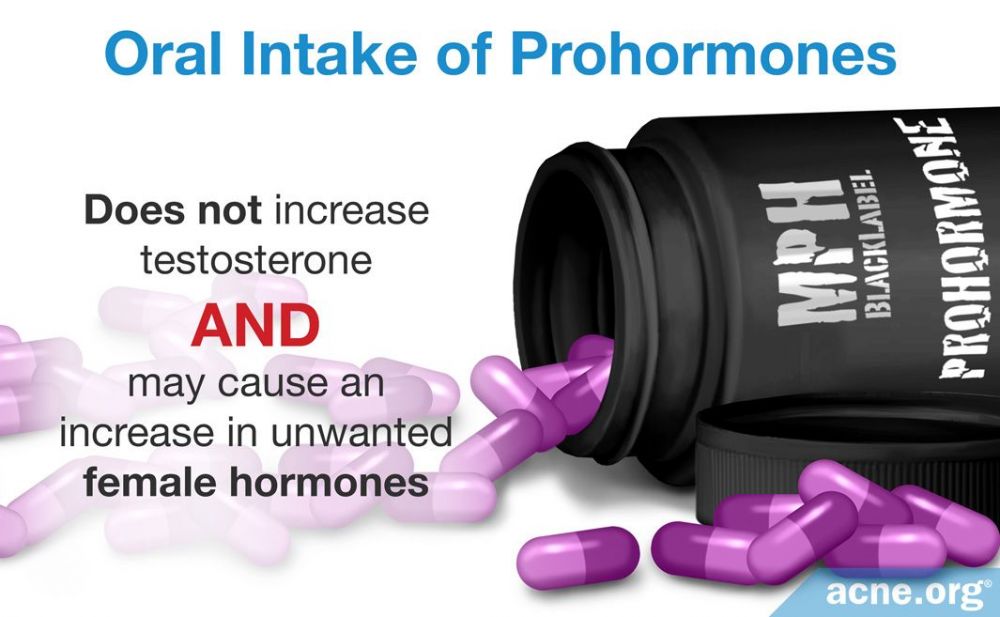
When taken orally, the three prohormones found in fitness supplements, DHEA, androstenedione, and androstenediol, undergo a series of chemical reactions, and a small percentage of these prohormones are converted into testosterone. However, the amount of testosterone produced remains in the body only in the short term and is not enough to enhance body composition or sports performance. To make matters worse, this short-term increase in testosterone can still lead to unwanted side effects. Specifically, prohormones may end up increasing unwanted female hormones, which can lead to breast growth and breast tenderness in men.7
See how prohormones can lead to an increase in female hormones
When prohormones convert to testosterone, they are then immediately converted into female hormones in the body. More female hormones can lead to irreversible breast growth in men (gynecomastia).
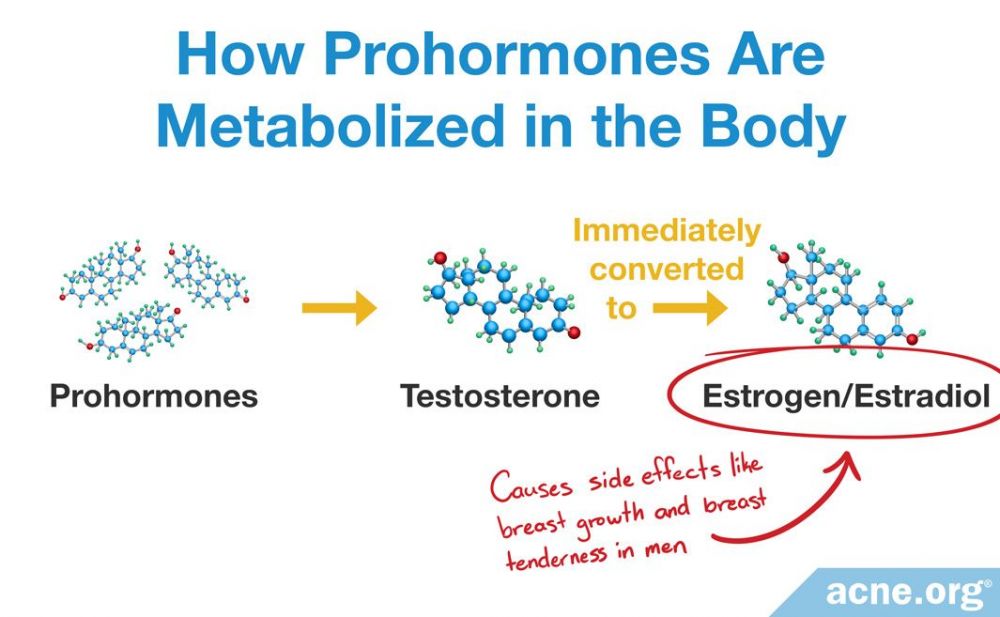
An extensive 2002 literature review published in Canadian Journal of Applied Physiology examined a variety of studies that investigated what percentage of prohormones taken orally turned into testosterone in the body. Overall, this review found that a single dose of androstenedione or androstenediol lower than 200 mg or a DHEA dose lower than 1600 mg does not affect testosterone levels in men at all. Dosages of 200 – 300 mg of androstenedione or androstenediol were able to temporarily elevate testosterone levels in men by 34%. However, after 12 weeks of daily androstenedione treatment at these higher doses, testosterone levels returned to normal levels. In other words, higher doses of prohormones can cause an initial spike in testosterone levels that eventually decreases to normal levels over time. The researchers also found that the prohormones caused a 128% increase in the female hormone estradiol (a form of estrogen). The increase in estradiol levels is likely due to an excess of androstenedione, which the body can convert to estradiol. Estradiol is able to interfere with the action of testosterone, and can cause side effects like breast growth and breast tenderness in men.8
Prohormones May Lead to More Acne
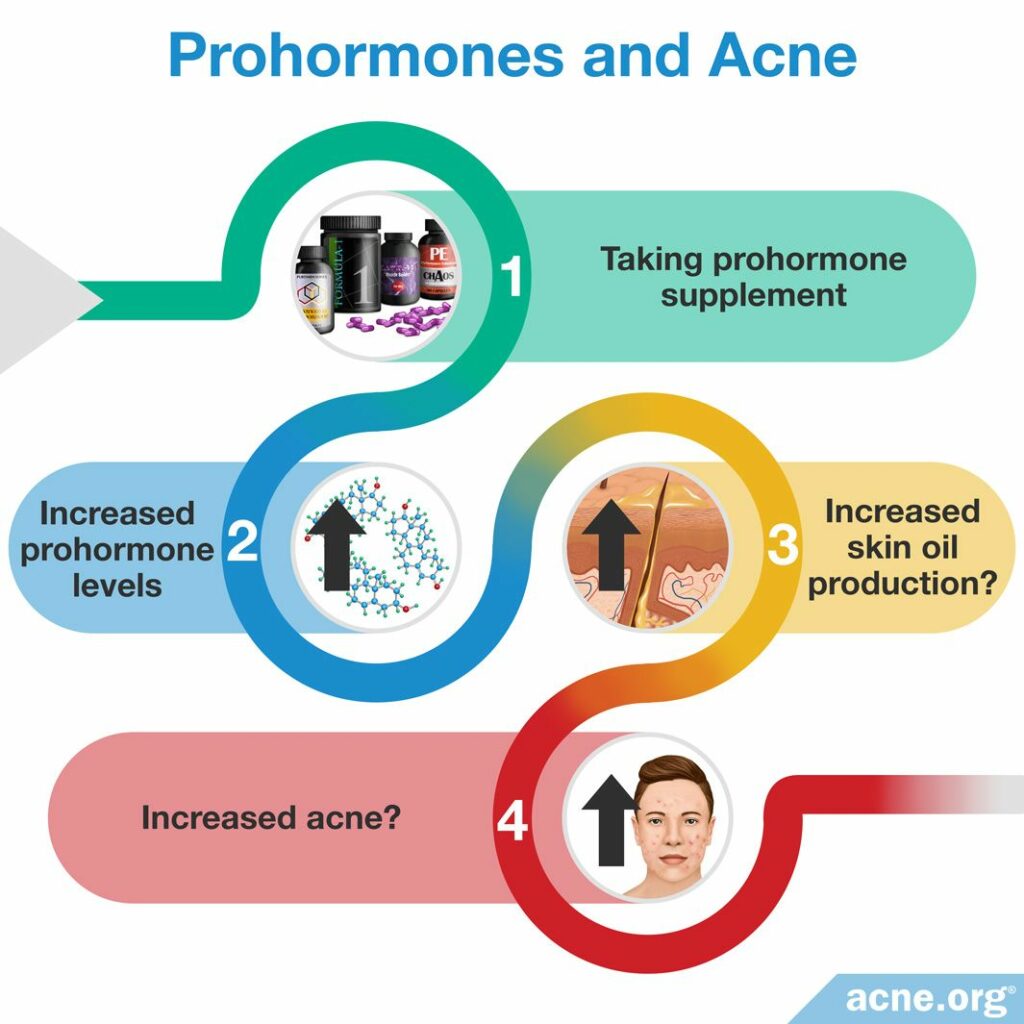
Since oral prohormones only cause a small and short-term increase in testosterone, it makes common sense that they would not cause an increase in skin oil and more acne.
However, research shows us that the following two prohormones may not need to convert into testosterone to still increase the production of skin oil, and ultimately lead to more acne:
- Androstenolone (DHEA) – Banned from use in competitive sports but sometimes prescribed for the treatment of anorexia, and still sold over-the-counter9
- Dehydroepiandrosterone sulfate (DHEA-S) – Similar to DHEA that is found in prohormone supplements
- Androstenedione – Previously found in prohormone supplements, but sale is now banned10
This is confirmed by a growing body of research. Numerous studies published since 1985 have found that DHEA supplements can cause acne in women.9 In addition, two studies that have found that having higher levels of DHEA-S and androstenedione in the blood tends to mean more acne for both men and women.9,11,12
Expand to read details of research
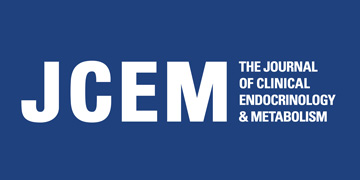
The most recent and most thorough review of the research on prohormones comes from an article published in The Journal of Clinical Endocrinology & Metabolism in 2022. The authors of this article combed through studies published between 1985 and 2021 on the effects of administering DHEA to women. Multiple clinical trials reported that DHEA induced acne in women. The authors of the article wrote, “DHEA…did increase androgenic side effects (acne and [unwanted hair growth]) when compared with placebo or no treatment.”9 We should note that the studies the authors reviewed used varying treatment durations and dosages of DHEA, so it is possible that only certain dosages may lead to acne. We should also keep in mind that this study only looked at women, so it does not address whether DHEA also causes acne in men.
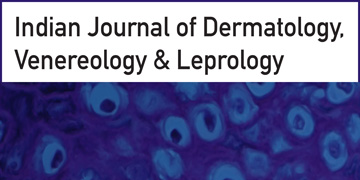
An older study published in 1990 in the Indian Journal of Dermatology, Venereology and Leprology looked at both men and women. In that study, researchers compared the levels of androgen prohormones in 100 acne patients to those in 100 individuals with healthy skin. Unlike in the article discussed above, in this case, the researchers were measuring prohormones naturally found in the body, not those obtained from supplements. The researchers found that in men, the levels of testosterone were moderately higher in acne patients, while the levels of DHEA-S and androstenedione were significantly higher in acne patients than in the healthy individuals. In women, testosterone, DHEA-S, and androstenedione were all considerably higher in the acne group than in the control.11 This lends further strength to the idea that prohormones themselves may contribute to acne.
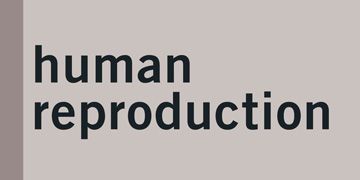
The third study, published in 2011 in the journal Human Reproduction, again looked only at women and confirmed that higher DHEA-S levels in women tend to go hand-in-hand with more acne.
The researchers looked at 318 women with a disorder called PCOS (polycystic ovary syndrome). Women with PCOS tend to have elevated levels of male hormones. The researchers found that among these women, those with acne tended to have particularly high levels of DHEA-S. In other words, women with both PCOS and acne had more DHEA-S in their blood than women with PCOS but no acne.12
Taken together, this research suggests that prohormone supplements may lead to more skin oil production and thus more acne. The evidence is quite strong for women, but what about men? More research is needed to settle whether prohormone supplementation would lead to more acne in men, and how high of a dose a man would need to take to develop acne symptoms.
Natural/Herbal Testosterone Boosters Most Likely Do Not Lead to Acne
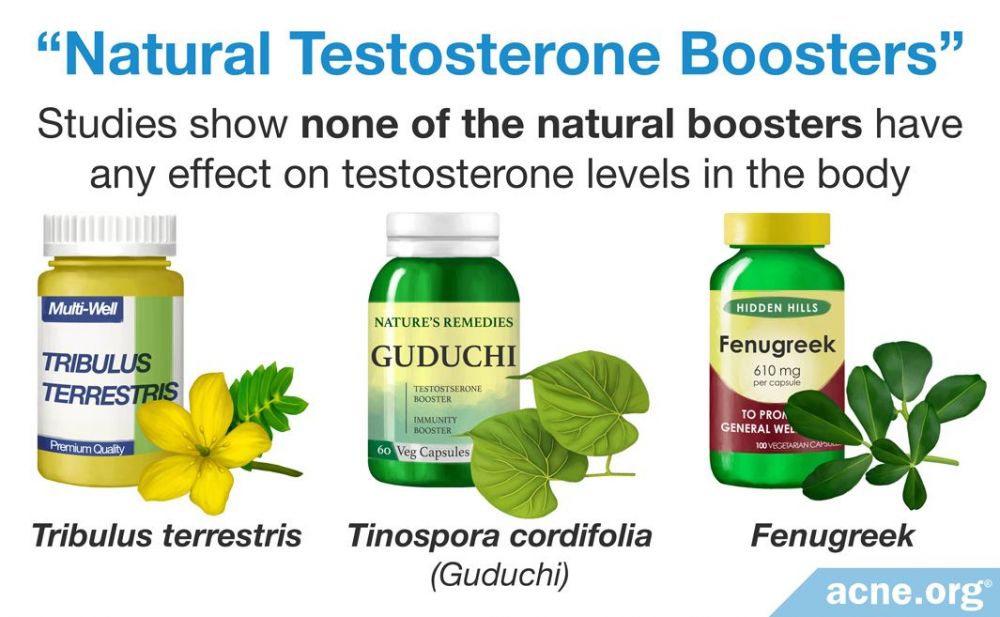
In addition to prohormones, several natural, herbal supplements have also been marketed as testosterone boosters. These alternatives include substances from plants like Tribulus terrestris, Tinospora cordifolia, and fenugreek.
Scientists have performed several studies to investigate the effect of these supplements on testosterone and other hormone levels. While Tribulus terrestris and Tinospora cordifolia have shown no effect on testosterone levels, results for fenugreek are mixed, suggesting that it has the potential to increase testosterone concentration in men. Although no studies directly investigating the effect of these boosters on acne exist, since Tribulus terrestris and Tinospora cordifolia seem to cause no change in testosterone or other hormone levels, it is unlikely that they would impact acne. When it comes to fenugreek, the evidence so far suggests that it might raise testosterone levels, which means it might also trigger acne. However, more rigorous studies specifically testing the impact of fenugreek on acne are needed to know for sure.
Expand to read the details of studies
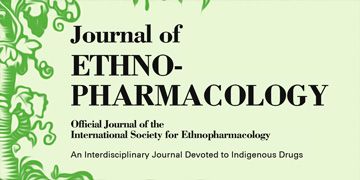
A 2005 study published in the Journal of Ethnopharmacology examined the impact of Tribulus terestris (TT) on androgen production in 21 men. The men in this study received either 20mg/kg of TT, 10mg/kg of TT, or a control substance daily for 4 weeks. The researchers found that the testosterone levels of the men in both the TT groups and the control group did not fluctuate over the course of the study.13
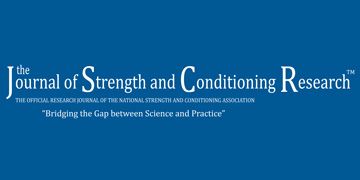
A 2007 study published in The Journal of Strength and Conditioning Research examined the potential of TT to increase muscle strength in 22 professional rugby players during a 5-week period. The researchers found that there was no difference in muscle strength of men receiving TT or a control over the course of 6 weeks. This shows that TT does not appear to increase testosterone levels.14
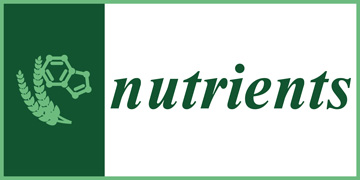
A 2021 study published in the journal Nutrients likewise showed that supplementation with 770 mg of TT for 6 weeks did not significantly change testosterone levels in 30 healthy men. Moreover, TT supplementation did not enhance performance or body composition in athletes.15
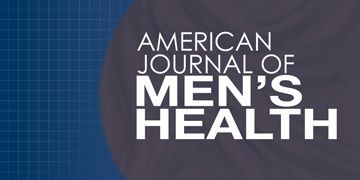
Similarly, Tinospora cordifolia (TC) does not appear to increase testosterone levels, at least in this one 2016 animal study published in the American Journal of Men’s Health. It examined the potential of TC to increase testosterone in rams. TC supplementation in rams did not alter the levels of testosterone in the blood or semen. However, scientists have not performed any human trials investigating the effect of TC on testosterone.16
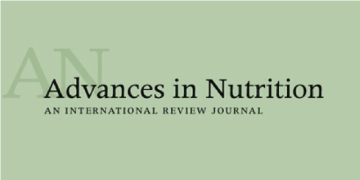
In 2021, the journal Advances in Nutrition published a thorough review of the evidence on fenugreek and testosterone available to date. The review looked at 6 studies that investigated the effects of fenugreek seed extract on testosterone levels in male participants. Of the 6 studies, 4 studies demonstrated that fenugreek supplementation raised testosterone levels, while 2 studies showed no effect of supplementation. Thus, the review authors concluded that fenugreek seed extract has the potential to increase testosterone levels, but because the 6 studies used different methods and fenugreek doses, more research is still needed.17
Conclusion
There is no evidence to support the idea that orally administered prohormones have any considerable or long-term effect on testosterone levels in the body. However, prohormones found naturally in the body are present in much higher levels in acne patients than in healthy individuals. Therefore, any effect prohormones may have on acne is likely due to an inherent ability of prohormones to increase skin oil production directly and not due to conversion into testosterone. Whether taking these prohormones would increase their levels in the body, potentially causing acne, is still unknown.
So, from the evidence we have, since prohormone supplements do not deliver on their promises, may cause unwanted side effects like breast growth or tenderness in men, and may lead to increased skin oil production and more acne, it seems clear that it is best to avoid taking them.
References
- Smurawa, T. & Congeni, J. Testosterone precursors: use and abuse in pediatric athletes. Pediatr Clin North Am 54, 787 – 796 (2007). https://www.ncbi.nlm.nih.gov/pubmed/17723877
- Lawrence, D. et al. Elevated free testosterone concentration in men and women with acne vulgaris. Clin Exp Dermatol 11, 263 – 273 (1986). https://www.ncbi.nlm.nih.gov/pubmed/2943538
- Bagatell, C. et al. Metabolic and behavioral effects of high-dose, exogenous testosterone in healthy men. J Clin Endocrinol Metab 79, 561 – 567 (1994). https://www.ncbi.nlm.nih.gov/pubmed/8045977
- Bhasin, S. et al. The effects of supraphysiologic doses of testosterone on muscle size and strength in normal men. New Engl J Med 335, 1 – 7 (1996). https://www.ncbi.nlm.nih.gov/pubmed/8637535
- Evans, N. Gym and tonic: a profile of 100 male steroid users. Br J Sports Med 31, 53 – 58 (1997). https://www.ncbi.nlm.nih.gov/pubmed/9132214
- Hartgens, F. & Kuipers, H. Effects of androgenic-anabolic steroids in athletes. Sports Med 34, 513 – 554 (2014). https://www.ncbi.nlm.nih.gov/pubmed/15248788
- Brown, G. et al. Testosterone prohormone supplements. Med Sci Sports Exerc 38, 1451 – 1461 (2006). https://www.researchgate.net/profile/Doug_King2/publication/6899296_Testosterone_Prohormone_Supplements/links/5a7345bc0f7e9b20d48fdb16/Testosterone-Prohormone-Supplements.pdf
- Ziegenfuss, T. N., Berardi, J. M. & Lowery, L. M. Effects of Prohormone Supplementation in Humans: A Review. Can J Appl Physiol 27, 628 – 646 (2002). https://www.ncbi.nlm.nih.gov/pubmed/12501001
- Wierman, M. E. & Kiseljak-Vassiliades, K. Should dehydroepiandrosterone be administered to women? J Clin Endocrinol Metab 107, 1679-1685 (2022). https://pubmed.ncbi.nlm.nih.gov/35254428/
- Degitz, K., Placzek, M., Borelli, C. & Plewig, G. Pathophysiology of acne. JDDG 5, 316 – 323 (2007). https://www.ncbi.nlm.nih.gov/pubmed/17376098
- Hatwal, A. et al. Serum testosterone, DHEAS and androstenedione levels in acne. Indian J Dermatol Venereol Leprol 56, 427 – 429 (1990). http://www.ijdvl.com/article.asp?issn=0378-6323;year=1990;volume=56;issue=6;spage=427;epage=429;aulast=Hatwal
- Chen, M. J., Chen, C. D., Yang, J. H., Chen, C. L., Ho, H. N., Yang, W. S. & Yang, Y. S. High serum dehydroepiandrosterone sulfate is associated with phenotypic acne and a reduced risk of abdominal obesity in women with polycystic ovary syndrome. Hum Reprod 26, 227-234 (2011). https://www.ncbi.nlm.nih.gov/pubmed/21088016
- Neychev, V. & Mitev, V. The aphrodisiac herb Tribulus terrestris does not influence the androgen production in young men. J Ethnopharmacol 101, 319 – 323 (2005). https://www.ncbi.nlm.nih.gov/pubmed/15994038
- Rogerson, S. et al. Muscle strength and body composition during preseason training in elite rugby league players. J Strength Cond Res 21, 348 – 353 (2007). https://www.researchgate.net/publication/6304731_The_Effect_of_Five_Weeks_of_Tribulus_terrestris_Supplementation_on_Muscle_Strength_and_Body_Composition_During_Preseason_Training_in_Elite_Rugby_League_Players
- Fernández-Lázaro, D., Mielgo-Ayuso, J., Del Valle Soto, M., Adams, D. P., González-Bernal, J. J. & Seco-Calvo, J. The effects of 6 weeks of Tribulus terrestris L. supplementation on body composition, hormonal response, perceived exertion, and CrossFit® performance: A randomized, single-blind, placebo-controlled study. Nutrients 13, 3969 – 3983 (2021). https://pubmed.ncbi.nlm.nih.gov/34836225/
- Kovac, J. et al. Dietary adjuncts for improving testosterone levels in hypogonadal males. Am J Mens Health 10, 1 – 9 (2016). https://www.ncbi.nlm.nih.gov/pubmed/26272885
- Smith, S. J., Lopresti, A. L., Teo, S. Y. M. & Fairchild, T. J. Examining the effects of herbs on testosterone concentrations in men: A systematic review. Adv Nutr 12, 744-765 (2021). https://pubmed.ncbi.nlm.nih.gov/33150931/
 Acne.org Products
Acne.org Products